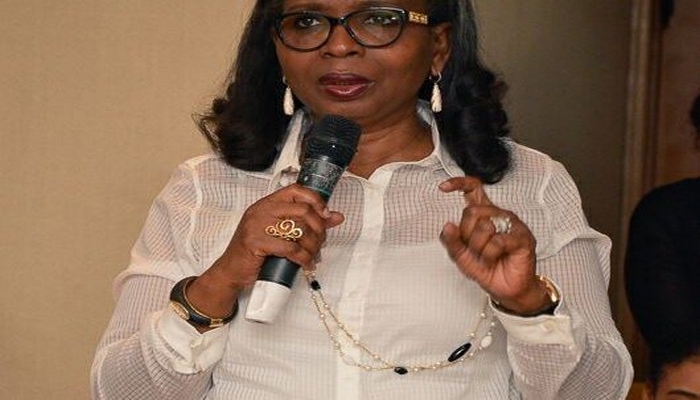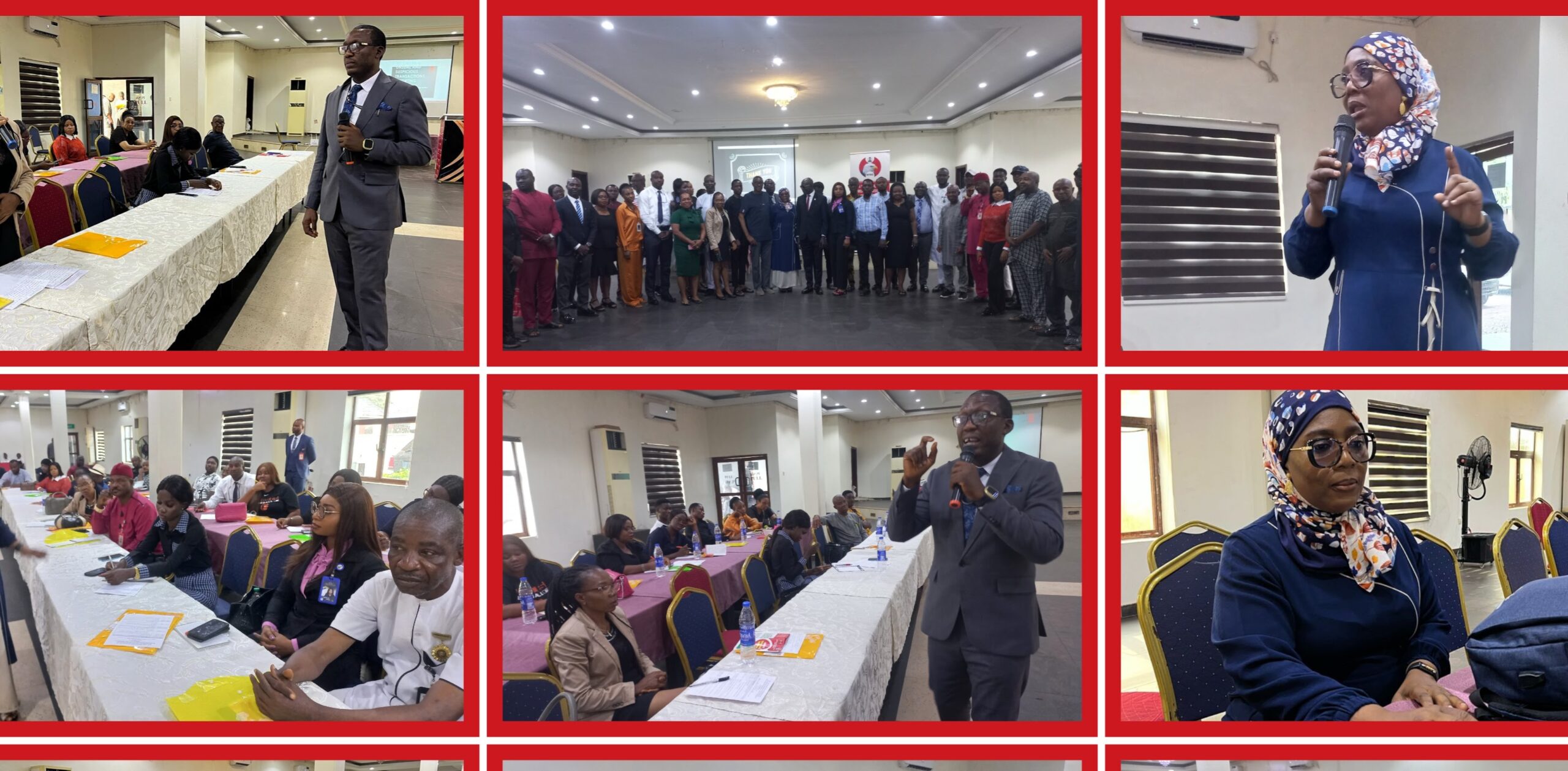
Mrs Ibukun Awosika, Chairman, First Bank Nigeria Limited, says there is a link between ethical leadership and corporate governance practices, in achieving improved business operations and profitability in the nation.
Awosika spoke at the Institute of Directors (IoD) 2020 Annual Directors’ Conference, which held both physically and virtually on Tuesday in Lagos.
The News Agency of Nigeria (NAN) reports that the Conference has as its theme: “Business Ethics, Leadership and Sustainability as New Frontiers of Corporate Governance.”
Awosika said the challenge with governance was not the lack of guidelines, but that of human element in form of leadership needed for implementation and enforcement of governance codes and ideas.
She said that a company’s achievement was dependent on its moral, ethical values and the ability of the human actor to enforce those values.
According to her, business sustainability places bigger emphasis on the people for appointment, engagement and assignment with responsibility within the national scope and corporate institutions.
She said there should be consequence management to address cases of breaches of ethical principles.
“The integrity, personal moral values, discipline and courage would to a large extent determine the success of the organisation.
“People should get punished for doing the wrong thing in a way that would deter others from doing the same.
“We must maintain ethical values that are transparently exhibited,” she said.
Prof. Umar Danbatta, Executive Vice Chairman, Nigerian Communications Commission, said nurturing ethical leadership was essential and instrumental to achieving the transformation and overall development of the country.
Danbatta listed attributes of ethical leadership to include honesty, integrity, accountability, empathy, humility, resilience, vision, influence and positivity.
According to him, these attributes play very important roles in effectively and adequately harnessing the natural and human resources of the country.
Danbatta said to achieve national sustainability in the post-oil Nigerian economy, the highest standard of ethical leadership was required of all leaders, especially in the public sector.
This, he said, was because of government’s enormous authoritative influence on citizens.
“People’s confidence and trust in the government increases when their leaders develop policies and take actions that promote the interests and wellbeing of the entire society.
“Therefore, taxpayers expect a high level of integrity from their leaders.
“In this regard, the federal government came up with a Code of Conduct for public officers, which is spelt out in the Fifth Schedule, Part 1 of the 1999 Constitution.
“The aim of the code is to establish and maintain a high standard of integrity in the conduct of government business.
“It is to also ensure that the actions and behaviour of public officers conform to the highest standards of public morality and accountability.
“It should be noted that the citizens are demanding higher standards of ethics, transparency and accountability.
“Therefore, the only thing that will take Nigeria out of its current economic crisis is the diversification of the economy and having ethical leaders who will manage its resources effectively and efficiently.
“Nigeria stands at the threshold of history and would definitely need ethical leaders to ensure sustainability in the post-oil era as government takes positive steps to diversify the economy,” he said.
Mrs Eileen Shaiyen, Executive Vice Chairman, H. Pierson Associates Limited, said a truly courageous ethical leadership was the necessary push the nation and the continent needed to achieve greatness.
Shaiyen said some persons were ethical, but lacked the courage to stand up when necessary in the face of unethical behaviours that were hurtful to business sustainability.
She said there should be a very careful selection process for persons in positions of leadership to ensure the evolving of ethical culture down the rank and file of any organisation, for sustainability.
“The consequence for not doing this right becomes very exacerbated, which would lead to the failure of the institution, “she said.
Dr Andrew Nevin, Partner, Financial Services Leader PricewaterCooper Nigeria, called for new social contracts between the government and the governed to enjoy socioeconomic benefits.
Nevin stated that the public sector needed to deliver infrastructure and other social amenities in exchange for taxes and citizens confidence and trust.
“All these can be delivered by good ethic leadership and principles,” he said. (NAN)






